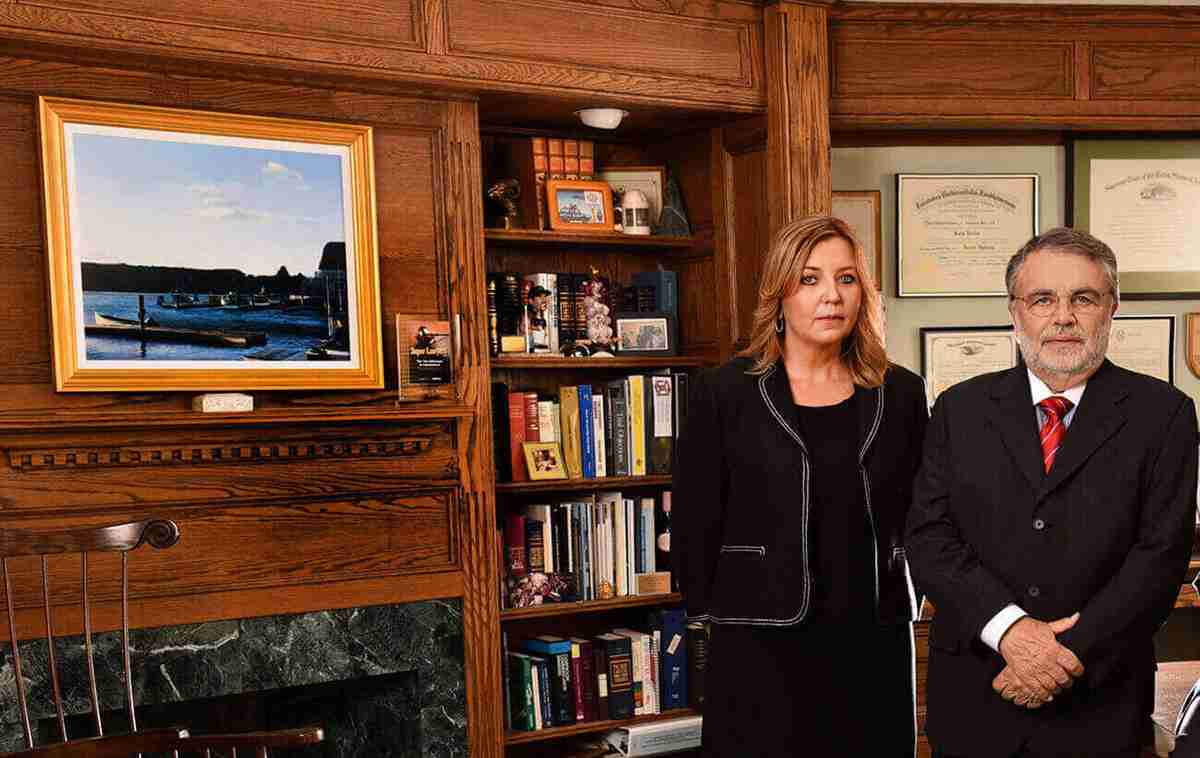What Will Happen To My Personal Possessions In A Divorce?
If you are going through a divorce (or anticipate that the end of your marriage is impending), you have probably given some thought to the issue of what will happen to your possessions. Even if you have a general understanding of Connecticut divorce law and how courts split up a married couple’s property, you have questions about what will happen to specific items that you consider yours or to which you may have personal attachments. Hopefully, the general information below answers some of your questions. For specific advice regarding your situation, call the LAW OFFICES OF PIAZZA & SIMMONS, LLC to speak to an attorney.
Connecticut Property Division Law
Connecticut is an equitable division state, which means that courts may divide property between a divorcing couple as they see fit. In fact, Connecticut courts have significant discretion in how they divide property and may “assign to either spouse all or any part of the estate of the other spouse.” In addition, unlike many other states, Connecticut law does not make distinctions based on how someone acquired particular assets. For example, many other equitable division states automatically exempt property that one spouse inherits from division of the marital estate.
When deciding how to divide property, Connecticut courts take several factors into account:
- The length of the marriage
- The causes of the end of the marriage
- The age, health, station, occupation, amount and sources of income, earning capacity, vocational skills, education, employability, estate, liabilities and needs of each party
- Each party’s opportunity for future acquisition of capital assets and income
- Each party’s contributions to the acquisition, preservation or appreciation in value of their estate
So, What Will Happen To My Personal Property?
Equitable division means that courts try to divide property fairly in light of all of the circumstances. As a result, while it is impossible to say with certainty what will take place in a specific situation, a court will probably not award your spouse property that only has use to you, like your clothing, jewelry, recreational equipment or personal family heirlooms. Because courts have significant discretion in dividing property, however, retain an attorney to represent you throughout the entire process.
Reach A Settlement For An Ideal Resolution
If you are going through a divorce and worry about specific items of property, pursue a settlement with your spouse, which will allow the two of you to negotiate a division of property that takes into account personal desires of which a court may not know. An attorney can help you reach a settlement, as many divorcing couples cannot communicate in constructive ways.
Call Stamford Divorce Lawyer Today To Schedule A Consultation
Divorce can cause significant stress, but you do not have to go it alone. At the LAW OFFICES OF PIAZZA & SIMMONS, LLC, we will take the time to ensure that you fully understand the divorce process while we aggressively fight for your rights. To schedule an appointment with a divorce attorney in Stamford, call our office today at 203-936-6772 or send us an email through our online contact form.

